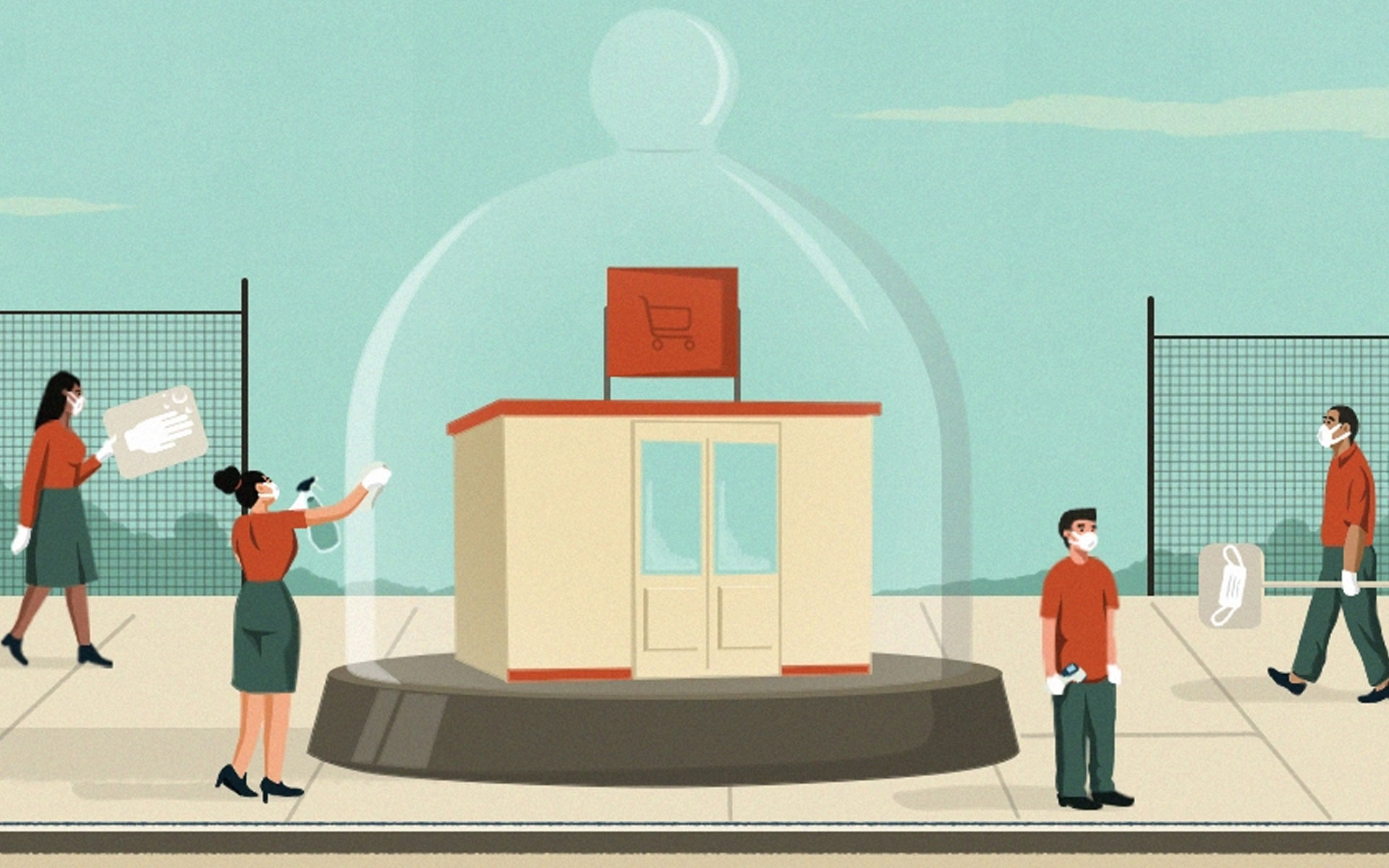COVID-19 is exacerbating the European Union debt crisis. Collective bailouts are needed to save the EU.
The European Union is in trouble. From the start, its countries haven’t been on equal footing. But COVID-19 has shone a stark light on the dissimilarities between its national economies. The crisis has also laid bare that EU members have significantly different views on what obligations they have to one another.
It is now evident that the EU’s economically stronger members, such as Germany and the Netherlands, are reluctant to come to the assistance of the weaker—and coincidentally more COVID-riddled—nations of Italy and Spain. This could not only spell the end of the EU, but could plunge its southern members ever deeper into debt, meaning certain economic turmoil.
In a recent interview with the Financial Times, French President Emmanuel Macron expressed his concern over the lack of solidarity in the EU during the coronavirus crisis. He implied that if a resolution does not happen soon, the EU and the euro could be in jeopardy. What he left unsaid was that without collective action, the financial burden on the more disadvantaged members of the EU could be far-reaching and potentially devastating.
Unfortunately, this chain of events is already unfolding. The financial markets have delivered their verdict: The EU is likely to become another COVID-19 casualty.
The markets have also chosen sides: While the coronavirus does not favor Germans over Italians or Spaniards, investors clearly do.
This is not the first time investors have bet against southern countries. During the European sovereign debt crisis over the last decade, fortune has favored the more fortunate. Greece, in particular, was let down by its more affluent EU counterparts, an event from which it has yet to recover.
In the current situation, however, one may assume that investors would favor countries with fewer cases of COVID-19. But that would not be empirically valid. Emerging market patterns indicate that investors believe the survival of some EU countries has less to do with the number of coronavirus cases they experience and more with the health of their public finances.
Evidence of this lies in the current cost of country-specific default insurance. When default insurance prices are elevated, it implies investors consider there to be a greater likelihood of sovereign default. Consequently, raising additional debt becomes more onerous and expensive, and may even leave some countries simply unable to raise debt while maintaining an investment-grade credit rating.
Our analysis suggests that investors believe European countries with similar coronavirus infection rates have very different probabilities of default. For example, Portugal, Germany, and the Netherlands show remarkably similar COVID-19 diffusion rates. Yet Portugal, despite its exemplary handling of the epidemic, saw a much larger increase in its default probability compared to Germany and the Netherlands.
The graph below shows this general relationship in a large sample of European countries. Higher COVID-19 infection rates are associated with significant increases in implied probability of default only among the countries with relatively high debt-to-GDP levels. Investors’ assessment is rational to the extent that countries with better finances can support their businesses for longer following a decrease in economic activity.
 Authors’ own calculation based on data from the International Monetary Fund, the Depository Trust & Clearing Corporation, IHS Markit, and European Centre for Disease Prevention and Control
Authors’ own calculation based on data from the International Monetary Fund, the Depository Trust & Clearing Corporation, IHS Markit, and European Centre for Disease Prevention and Control
This pessimism might subside if EU members come together to share the financial burden. Some degree of collective financing would allow EU states to pool the overall default risk, reassuring investors that the mutualized debt of each state was backed by the economic power of the whole union. And it would only result in a negligible increase in the default risk of each country. Crucially, such an arrangement would allow even the fiscally weaker EU members to finance temporary spending increases at cheaper, more stable rates, and help them provide appropriate support to their affected populations.
Such a program should be undertaken carefully and with a common set of rules, two of which are worth highlighting. First, the mutualization of government debt must be reserved for global economic shocks such as a pandemic, not locally driven ones. Second, each member state should be prohibited from distributing bailouts to its enterprises in a way that unfairly bolsters their competitiveness and distorts the internal EU market.
If the EU cannot agree on solidarity soon, the union will be torn apart, and the poorer of its nations will find themselves abandoned in a rising sea of debt. We hope European leaders see these signs as a signal to come together and agree on a new arrangement of mutual aid.














